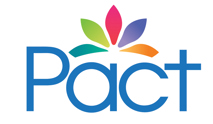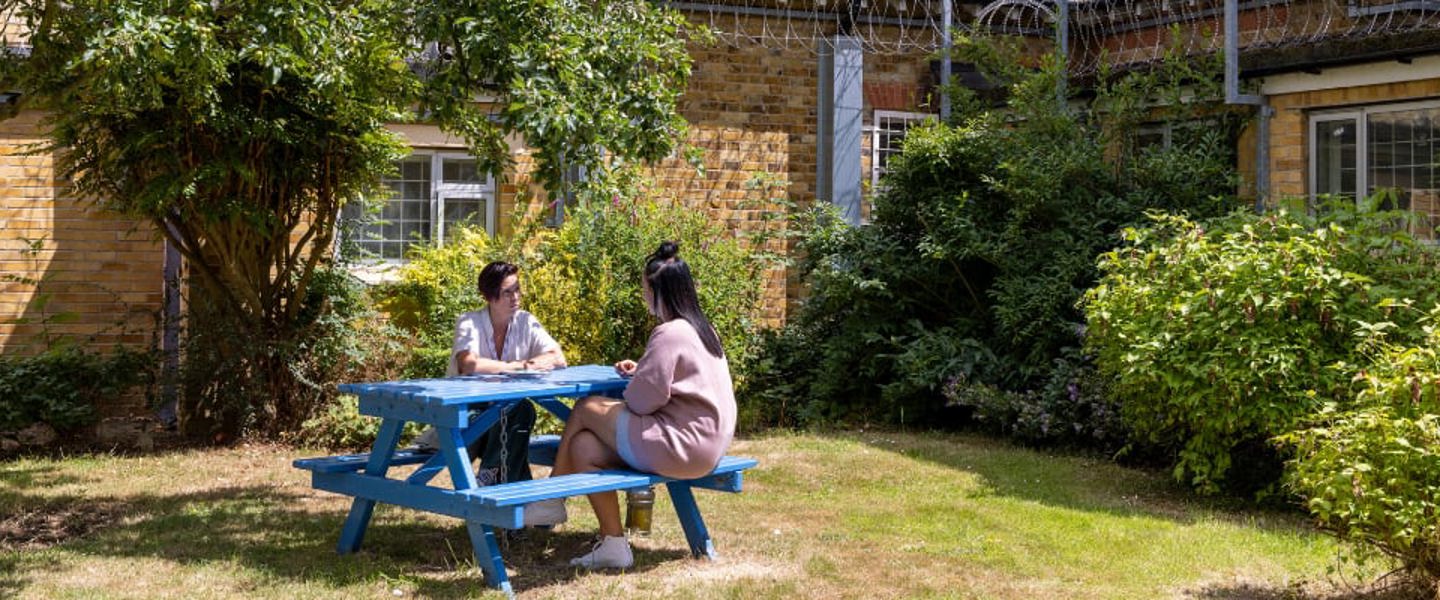22/06/2023
News
New social worker pilot in women’s prisons should be rolled out across the country
- Pilot project employing social workers in two women’s prisons should be rolled out across the country in line with recommendations from a Government-commissioned review.
- New evaluation published today (22 June) reveals the ‘invaluable’ support provided by social workers in the two pilot prisons.
- Keeping mothers in touch with children supports efforts to tackle record levels of self-harm in women’s prisons, as well as benefitting children and promoting family ties which other studies have shown helps to reduce reoffending.
All women’s prisons should have social workers dedicated to supporting mothers in custody to stay in touch with their children, where it is in the child’s best interests, according to the charity Pact (the Prison Advice and Care Trust).
The call coincides with the publication today of an independent evaluation report that shows how social workers in two prisons have helped to keep mothers in touch with their children and have supported in managing incidents of self-harm, which are at record levels in women’s prisons.
The Together a Chance pilot project, run by Pact and funded by the Sylvia Adams Trust, employs two prison-based social workers to support mothers in HMPs Send and Eastwood Park. Their role is to bridge the gap between the prison and social services in the community, keeping mothers in touch with their children where it is in the child’s best interests.
The pilot project in HMPs Send and Eastwood Park followed Lord Farmer’s landmark review in 2019 about the importance of maintaining family ties in women’s prisons. The report recommended that the Ministry of Justice fund on-site social workers as part of a multi-disciplinary team within each prison.
A new second independent interim report on the evaluation, published today by Cardiff University, shows that the Pact social workers:
- Support more frequent and positive contact between mothers and children, where it’s in the child’s best interests, dealing with dozens of local authorities across England and Wales.
- Promote mothers’ rights and give them more of a say in key decisions affecting their children.
- Instil hope in women to remain positive and play a significant role in managing self-harm and the risk of suicide among women in prison.
- Bring new, specialist knowledge of safeguarding and social services’ processes which does not just benefit the women in prison but also helps to upskill other prison staff, allowing them to deal more effectively with mothers in the establishment. Prison officers report lacking the relevant expertise to deal with complex cases that involve social services.
Andy Keen-Downs, Pact CEO, said: “The report published today shows the vital role that prison-based social workers play in bridging the gap between mothers in prison and social services on the outside. This is a win-win – keeping mothers in touch with their children where appropriate, supporting efforts to tackle the worryingly high levels of self-harm in women’s prisons and reducing the likelihood that they’ll reoffend.
“It’s been over three years since a Government-commissioned review recommended that every women’s prison should have dedicated social workers. We have the evidence that it works; now it’s time for Ministers to invest in this simple, common-sense measure.”
Katia Parent, Social Worker, HMP Send, said: “We’re giving the mothers the chance to be there for their children and to show their children that they still have parents who love them and will do everything for them from prison. It’s about giving women hope for the future and their children the opportunity to have a relationship with their mother where that’s appropriate.”
Quotes from mothers in prison
“She never ever lets me down or doesn’t turn up. She always delivers. If she says something, she follows through. She’s amazing and helped me so much and impacted my life greatly in a good way. She’s the best social worker help I’ve ever had. I’d have not coped without her at all.”
“She has been able to make the contact with the people I couldn't. This is invaluable to me.”
“She has supported me through all my court hearings and emotionally after my hearings, keeping me involved in meetings and helping me to read and write.”
“It reminds me that I’m a mum, and I need to act a certain way. So it’s really helped me with my growth in here and my progression.”

